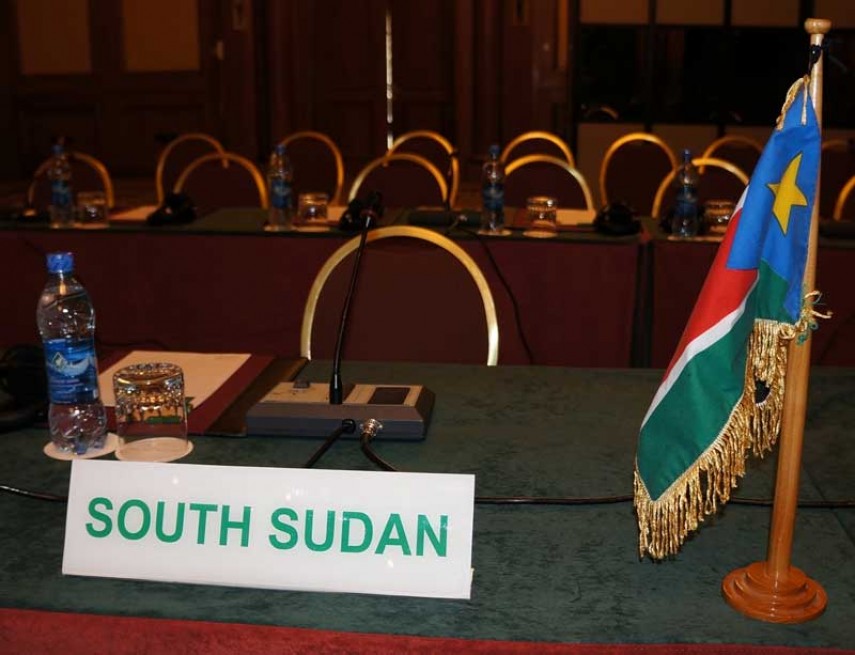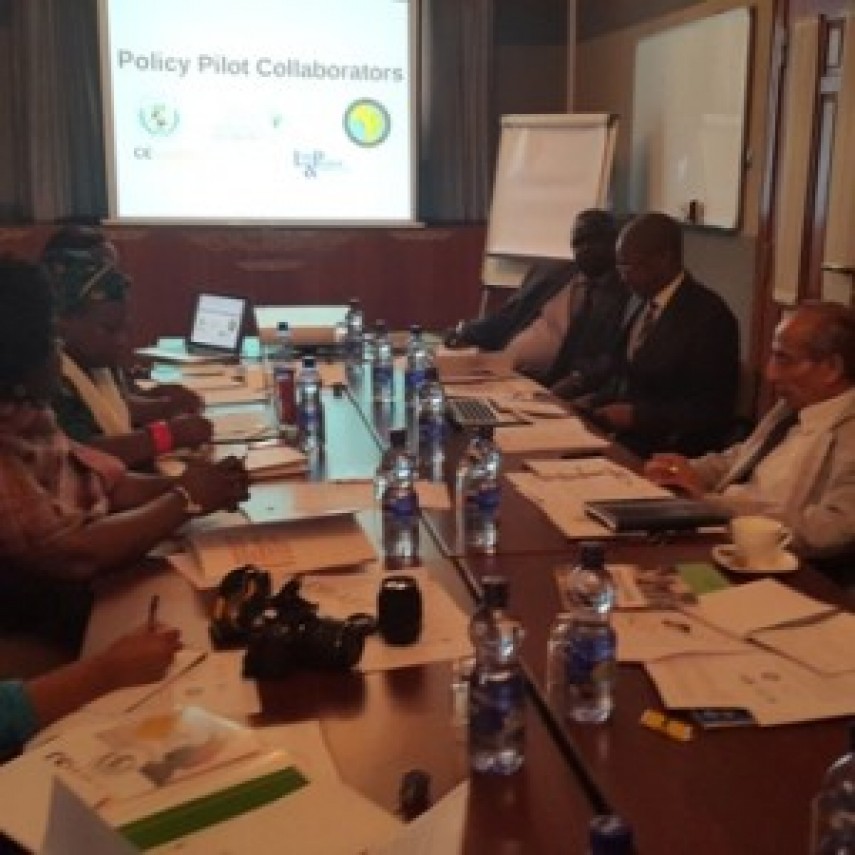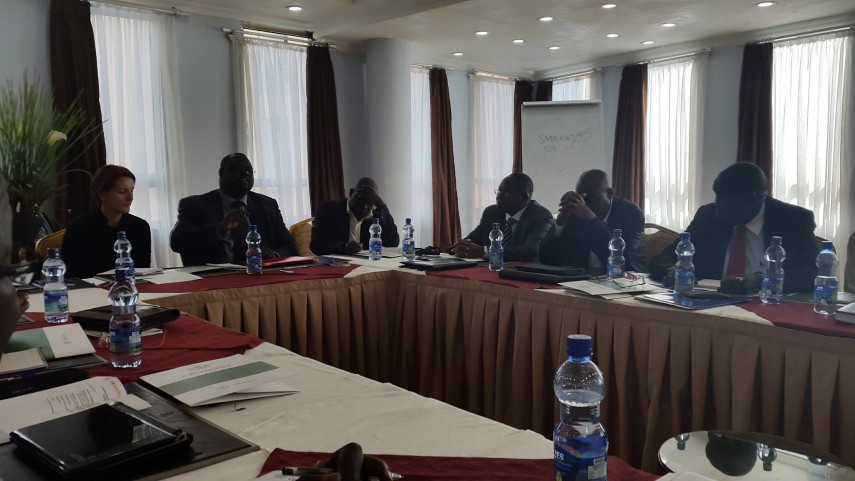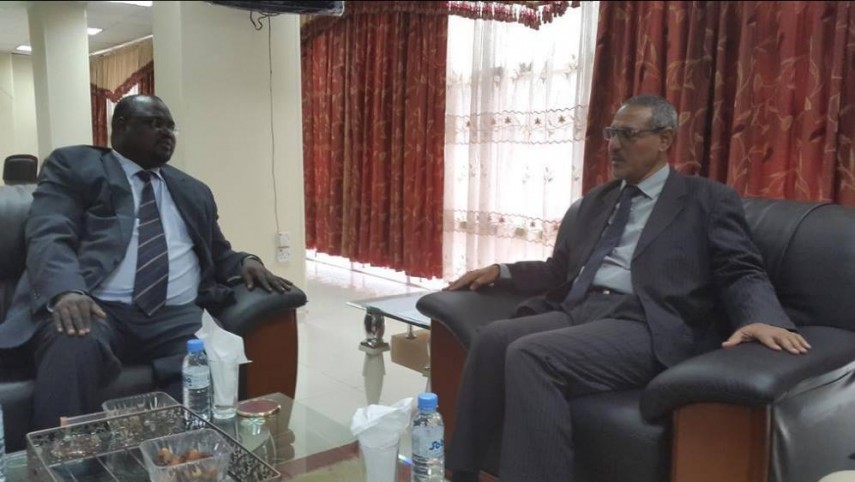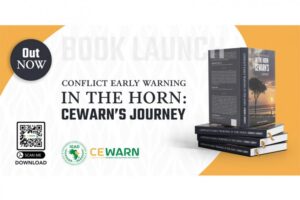Advert: Office-Partitioning Services needed
Advert: Office-Partitioning Services needed IGAD’s Conflict Early Warning and Response Mechanism (CEWARN) needs the services of a competent vendor to do partitioning of a new office space. CEWARN invites competent companies […]

